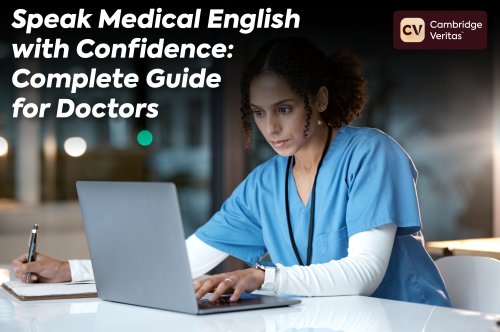How Do You Use "Or" Correctly? Let Us Tell You!

Assuming you're a local English speaker, you know "or" is one of those familiar words that gets utilized wherever in pretty much every sentence. "or on the other hand" is really clear, and the vast majority can utilize it fine and dandy on the off chance that they realize a couple of things about its utilization. However, not everyone does know how to use this word properly. At times, it tends to be mistaking in any event, for local speakers on the grounds that nobody shows them how to utilize it or how to ensure they don't get carried away with it. Presently what we're referring to here isn't being excessive or excessively dreary in your composing yet ensuring that all that you say makes meaning behind it and has no irregularity (basically not regarding style).
Introduction
It tends to be utilized as a combination between two words, or as a relational word before a thing or pronoun. The following sentences illustrate how the word can be used:
- I bought a new car yesterday, or my old one broke down again.
- He would rather not go out this evening, or he would rather not stay in and stare at the television all things being equal.
- I'll meet you at home if you have any desire to go out on Sunday evening, yet I don't know whether you will actually want to show up with us then, or then again assuming you will have different designs for that day.
Check this out Know the Difference Between More vs Less
The word or is used to convey a choice
One of the most well-known punctuation botches is utilizing "or" erroneously. Here are some common sentences that use "or" incorrectly:
I can drive or walk to work. (both options are correct)
I want to eat pizza or pasta for dinner tonight. (both options are correct)
I should go to bed early or late tonight. (either option is correct)
The sentence above has two subjects, so it is clear which one of them is the main subject and which one is the subordinate clause (and you can tell from context). The sentence doesn't have an action word; for this situation, it's smarter to utilize a combination like "and," "yet," or "or."
Carries the same meaning
If the sentence structure is:
I like oranges, or I like apples.
You can write:
I like oranges and apples.
The standard is that you can utilize "or" between two things in a series, for example:
I like oranges, or I like apples.
You cannot use "or" between two non-items in a series, such as:
I like oranges, or I like apples.
In this case, you would need to change your sentence to say:
I like oranges and apples, but not both at once.
Check this out How To Master The Art of Effective Communication?
The rule: You can also connect
To help you make sure your lists are correct, we’ve provided a few examples of how to use “or” correctly.
In some lists, you can use or separate the last two items or alternatives in a list. For example
- I purchased another vehicle or my old one was becoming excessively old for me to drive.
- We can either head out to the films or we can go to an eatery.
- We could either remain at home and read a book or we could go out this evening with our companions.
- Either he likes her or he doesn’t like her at all!
Types of lists and sentences
When you use 'or,' you are saying that there are two options for something.
For example, I could go for Chinese food OR pizza.
In this sentence, 'Chinese food' and 'pizza' are both options for what I could have for dinner that night. Both of these choices share a few likenesses; both are kinds of food and both can be eaten at home or in an eatery. The main distinction between the two is that pizza can be eaten without utensils though Chinese food frequently needs utensils to eat appropriately (e.g., chopsticks).
To make your sentences clear and easy to understand, use 'or' correctly!
Connect two words
Everything considered, assuming you're perusing this article and thinking about how to utilize "or" accurately, the best exhortation we can give you is to simply continue to compose. Over time your ear will develop, and you'll get better at distinguishing "or." It's not easy—far from it—but the effort is well worth it.
Enhance your professional communication skills with our Business English Course at ESOL. Develop fluency, confidence, and vocabulary for effective workplace interactions, presentations, and negotiations. Take your career to new heights with our comprehensive program tailored to meet the demands of the business world.

















.png)